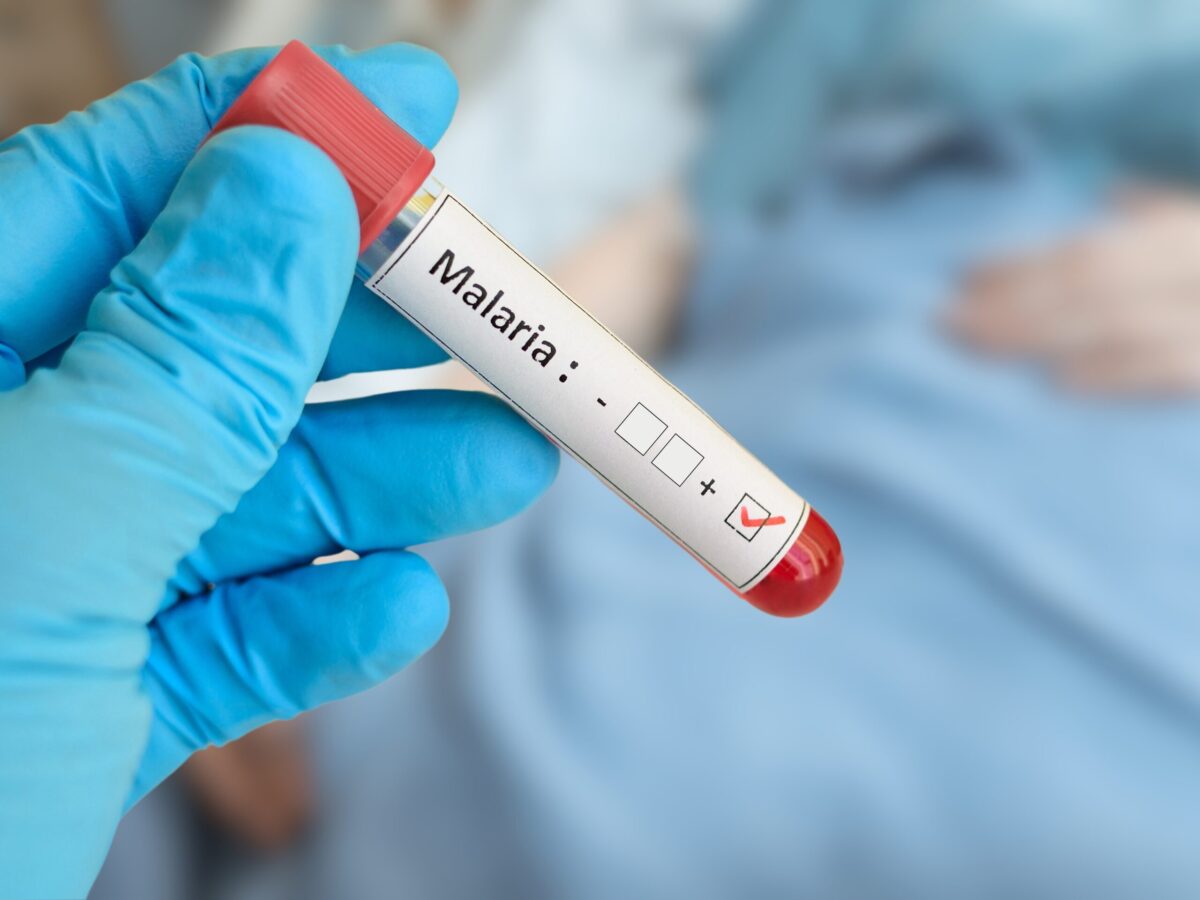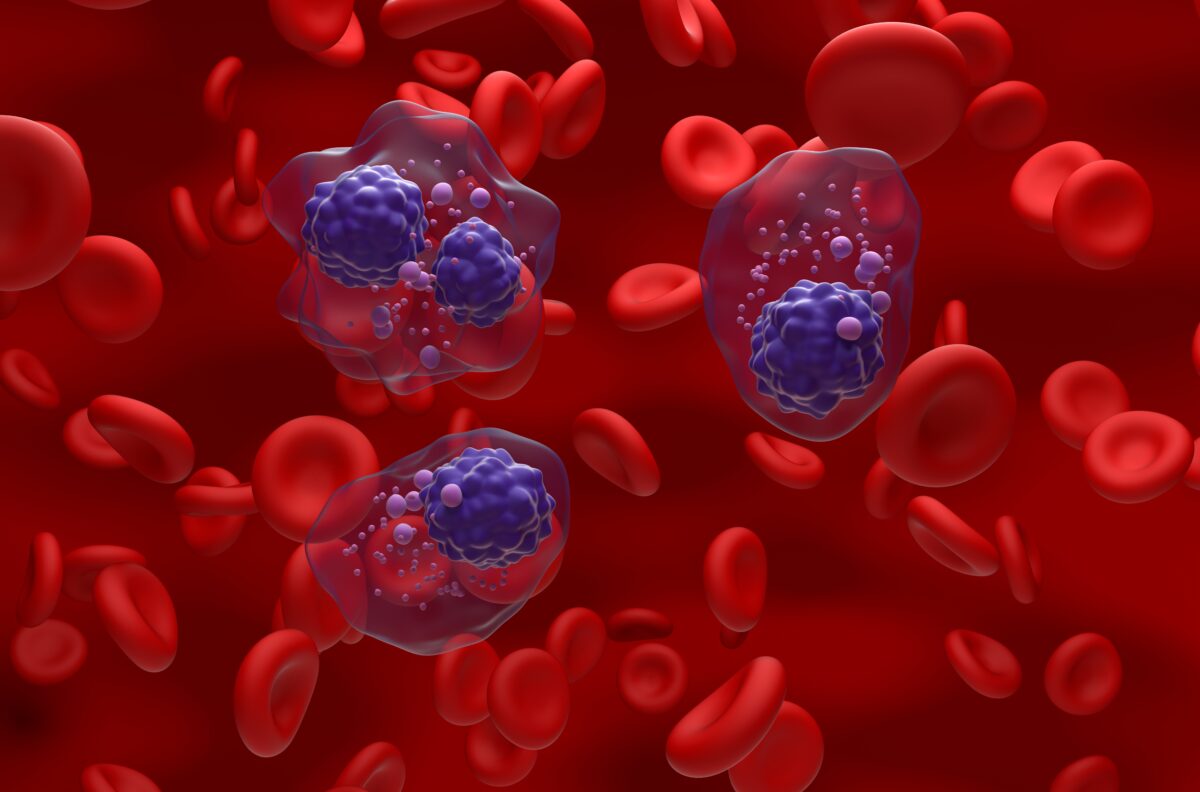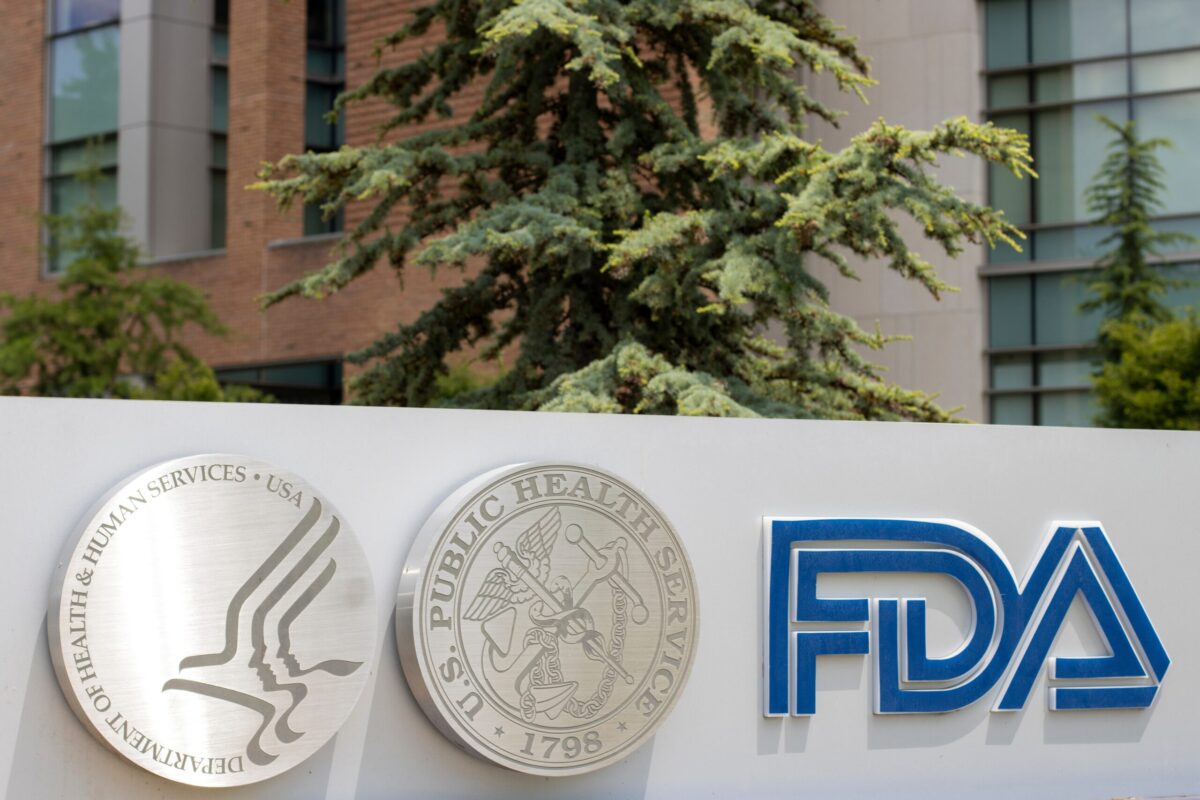A recent clinical trial has found that patients with class III-IV refractory angina could benefit from a dose of cells positive for a protein involved with vascular-associated tissue changes, known as CD34. The trial participants were patients with advanced angina, and were considered to have no other treatment options.
The multi-center clinical trial took place over a two-year period and involved 167 patients with refractory angina. The researchers used a 3-D mapping technique to measure the electrical activity of the left ventricle, before delivering the cells into the ischemic zone using an intramyocardial delivery method.
The Phase II clinical trial – named ACT-34-CMI – was a randomized, double-blind, placebo-controlled study. Results of this trial were published in the journal, Cell Transplantation.
“There are an increasing number of patients with advanced coronary artery disease that are not amenable to surgical or percutaneous revascularization,” said Dr. Timothy D. Henry of the Cedars-Sinai Heart Institute. “These patients frequently have symptoms after having had standard therapies and are left with limited treatment options. Encouraging early clinical trials suggest that cell therapy is an attractive treatment option for these patients, especially trials in which subjects were transplanted with autologous (self-donated) CD34 positive cells.”
Recent studies have suggested that CD34 positive cells could be a possible therapeutic for angina, because of their importance in predicting a patient’s future exercise abilities. Patients at risk of developing coronary artery disease could be tested for CD34 positive cell numbers in the bone marrow, to determine their capacity for exercise.
The researchers found that regardless of the dose size, patients with refractory angina showed a significant reduction in angina frequency, over the placebo control group. According to Henry and his colleagues, their study showed improvements in myocardial tissue perfusion and microcirculation in patients who were treated with CD34 positive cells.
Along with improving angina frequency and exercise capability after 12 months of treatment, there was a clear trend toward reduced mortality in CD34 positive cell group. According to the researchers, patients with class III/IV angina who have been unresponsive to other available treatment options could see continuous improvement after two years post-treatment with CD34 positive cell injections.
“The results of our study are even more provocative given that the outcomes represent the effect of a single treatment,” said the researchers. “Recent reports suggest that in patients with recurring symptoms, repeated cell administration may replicate the initial positive results.”












Join or login to leave a comment
JOIN LOGIN